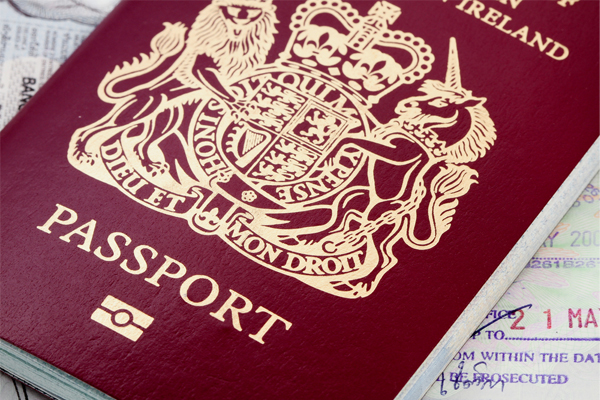British and other from outside travellers would have to pay a fee to visit Europe after Brexit under plans for an EU version of the US visa waiver due to be announced this week.
The move is an attempt to strengthen the fight against terrorism and aims to help to spot suspects before they arrive at the border.
Sir Julian King, European commissioner for the security union, said that plans to introduce an electronic system for travel authorisation, known as an Esta in America, would help to identify potential troublemakers before they arrived at border control gates.
The US scheme requires international travellers who are exempt from visa requirements to apply for an Esta and pay about £10 before entering the territory. It lasts for two years.
If a similar scheme were to operate in the EU, travellers from the UK could be forced to apply online before taking trips to mainland Europe,
Sir Julian said that proposals for a European pre-clearance system would be announced this week, The Times reported.
“We think this is going to be a valuable additional piece of the jigsaw because it will allow us to know more about the people who are planning to come to the EU in advance so that if necessary they raise questions about either security or in some cases migration,” he said. “We’ll be able to intervene even before they arrive.”
The pre-entry clearance proposals are part of a broader response to calls for greater security on the continent.
Sir Julian said: “The fact that we’re having this conversation now is unfortunately timely, because Sunday is one year on from the horrible attacks in Paris which were part of a series of attacks that shocked France, shocked the whole of Europe.
“It’s that level of present, persistent, indiscriminate threat that led to 80-plus per cent of European citizens saying they want more action in this area.
“There are a number of elements at the heart of this task; tackling terrorism is one, but not the only part of it. There’s work that needs to be done on cybercrime and attacks, and serious and organised crime.”
He added: “On terrorism there were a number of things already in hand.”
These include making it more difficult to get hold of deactivated firearms in the EU, as well as plans to criminalise travel to and from Syria and Iraq, and making changes to checks at passport control that are designed to increase the amount of information known about the traveller without slowing down the process at passport control.
Home secretary Amber Rudd said two months ago that a plan in Brussels to implement a “visa waiver system” was possible.
“We do not rule it out,” she said. “It is a reminder that this is a two-way negotiation.”

























